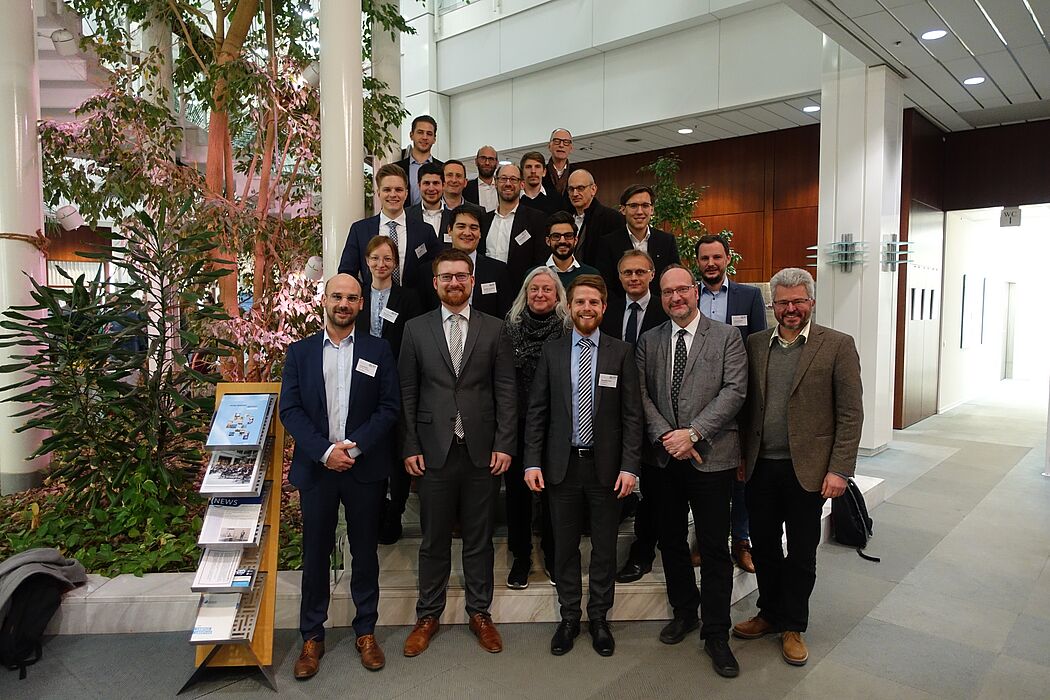Everyone is talking about Industry 4.0. Our world is becoming increasingly digital, as more and more data is available. These need to be used intelligently - also in strategic product planning. Researchers at the Heinz Nixdorf Institute at the University of Paderborn are pursuing the question "How?" In the project DizRuPt (Datengestützte Retrofit und Generationenplanung im Maschinen und Anlagenbau) –“data-based retrofit and generational planning in mechanical and plant engineering”. Together with partners from industry, the scientists are developing a new approach to strategic product planning: data on the use of the products is intended to help companies improve current and future products. The research and development project is funded by the Federal Ministry of Education and Research (BMBF) in the “Innovations for Production, Service and Work of Tomorrow” program with a total of 2.3 million euros for three years and is supervised by the Karlsruhe Project Management Agency (PTKA).
“In the age of data, companies have a great opportunity to build a much deeper understanding of their own products and how to use them. In DizRuPt we are working on the question of how companies can use the data to systematically improve their products in order to continue to be successful in the future,”explains Maurice Meyer, scientist in the“Advanced Systems Engineering”area at the Heinz Nixdorf Institute. Through an intensive exchange with four industrial companies, new features and functions are derived from the analysis of data. The partners include Diebold Nixdorf, Weidmüller, Lasco Umformtechnik and Westaflex. At Westaflex, for example, the researchers are looking at ventilation systems, and at Diebold Nixdorf ATMs.
The research project is divided into five parts. First, the researchers make assumptions about potential for improvement. In the second step, these are examined using data analysis methods. Subsequently, the results are then used for strategic generation and retrofit planning. Retrofitting describes the retrofit of functions and features, for example to increase the performance or productivity of a machine. In the end, it's all about practical implementation: the scientists support the companies in designing processes for using the data.
Institutions and companies outside the project can also benefit from the results. A so-called support group offers all interested parties the free opportunity to gain insights into the project and to follow the progress.
Further information at: www.dizrupt.de
Paderborn researchers optimize the use of product data

